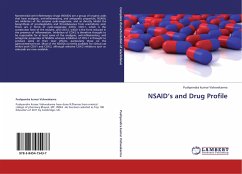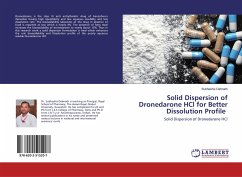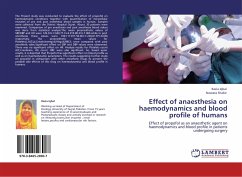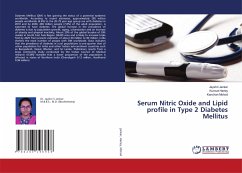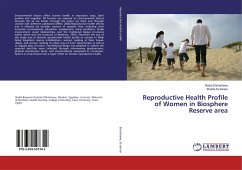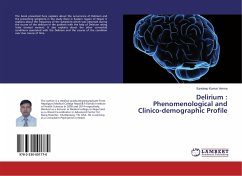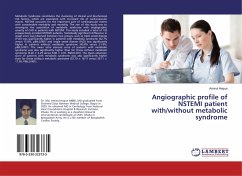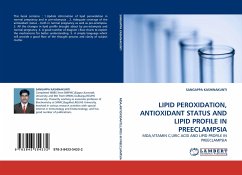Nonsteroidal anti-inflammatory drugs (NSAIDs) are a group of organic acids that have analgesic, anti-inflammatory, and antipyretic properties. NSAIDs are inhibitors of the enzyme cyclo-oxygenase, and so directly inhibit the biosynthesis of prostaglandins and thromboxanes from arachidonic acid. There are 2 forms of cyclo-oxygenase (COX), COX-1, which is the constitutive form of the enzyme, and COX-2, which is the form induced in the presence of inflammation. Inhibition of COX-2 is therefore thought to be responsible for at least some of the analgesic, anti-inflammatory, and antipyretic properties of NSAIDs whereas inhibition of COX-1 is thought to produce some of their toxic effects, particularly those on the gastrointestinal tract. Most of the NSAIDs currently available for clinical use inhibit both COX-1 and COX-2, although selective COX-2 inhibitors such as celecoxib are now available.
Bitte wählen Sie Ihr Anliegen aus.
Rechnungen
Retourenschein anfordern
Bestellstatus
Storno

